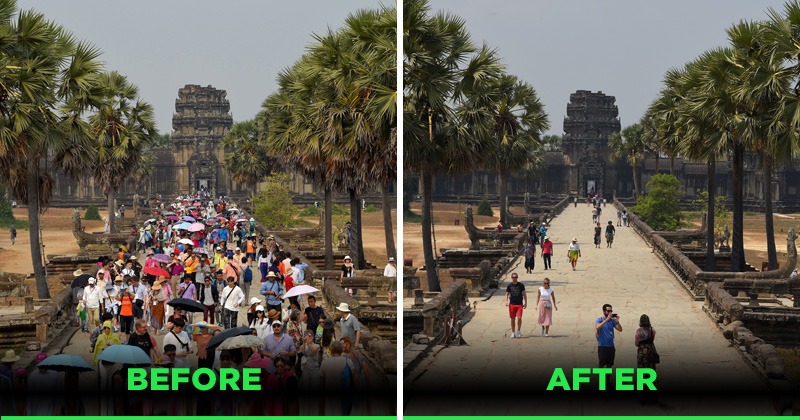

There are, however, good reasons to believe that this might be the case and, if so, perhaps it’s high time humanity reconsiders its relationship with nature. It will be some time before scientists can answer that question with any certainty. In that context, a question naturally arises: Is Covid-19 a stand-alone event, independent of any other mega-trends, or does it represent some sort of catastrophic tipping point? Evidence for such tipping points is growing-for example in the unexpectedly rapid melting of the Arctic icecap. Today, educated people generally dismiss such notions, but scientists have recently been discovering that human impacts on the environment, especially the burning of fossil fuels, are producing feedback loops causing increasingly severe harm to communities across the globe, in the form of extreme storms, persistent droughts, massive wildfires, and recurring heat waves of an ever deadlier sort.Ĭlimate scientists also speak of “singularities,” “non-linear events,” and “tipping points”-the sudden and irreversible collapse of vital ecological systems with far-ranging, highly destructive consequences for humanity. Understandably, our forebears came to view such calamities as manifestations of the fury of gods incensed by human disrespect for and mistreatment of their universe, the natural world.


This upheaval, too, will produce widespread misery and imperil the survival of numerous governments. In the past, disasters of this magnitude have toppled empires, triggered mass rebellions, and caused widespread famine and starvation. Not only has it infected hundreds of thousands of people across the planet, killing more than 40,000 of them, but it’s brought the global economy to a virtual standstill, potentially crushing millions of businesses, large and small, while putting tens of millions, or possibly hundreds of millions, of people out of work. Let’s be clear: This pandemic is a world-shattering phenomenon of massive proportions.


 0 kommentar(er)
0 kommentar(er)
